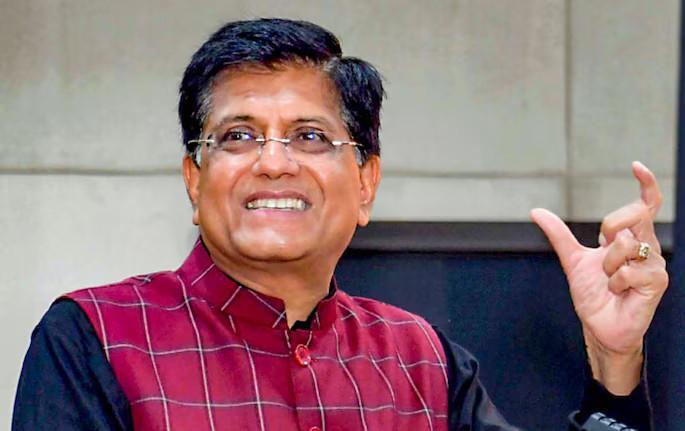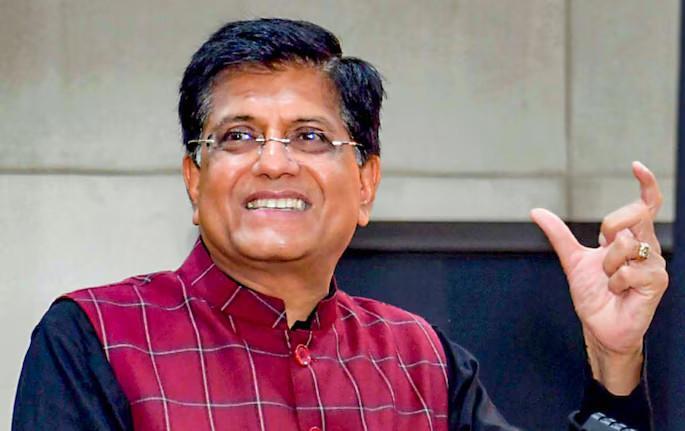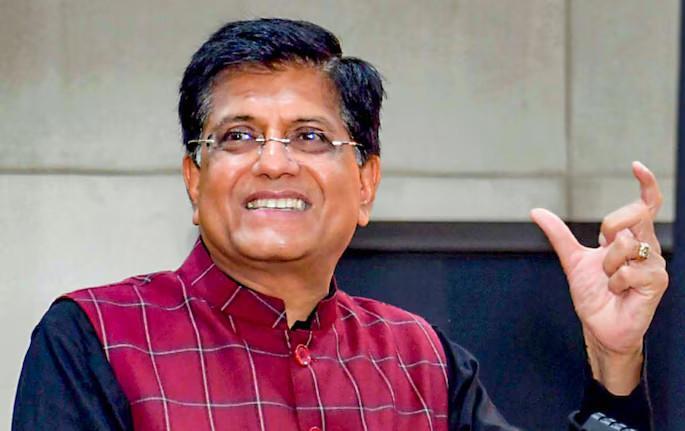
OpenAI & Elon Musk Agree to Fast-Track Trial Over For-Profit Model
In a significant development, OpenAI and Elon Musk have agreed to fast-track a trial regarding OpenAI’s transition to a for-profit model, according to a court filing. This decision comes after a court earlier denied Musk’s request to pause OpenAI’s transition to the new model.
Last year, Musk sued OpenAI and its CEO Sam Altman, accusing the company of straying from its original goal of creating AI for humanity’s benefit. Musk’s lawsuit claimed that OpenAI’s decision to become a for-profit entity would compromise its commitment to AI safety and ethics.
The dispute began in 2024 when Musk, who was a co-founder of OpenAI, expressed concerns that the company was deviating from its mission. Musk had initially taken a step back from his role at OpenAI in 2018, but he remained a member of the company’s board of directors. However, in 2024, Musk resigned from the board, citing disagreements over the company’s direction.
In his lawsuit, Musk alleged that OpenAI’s transition to a for-profit model would allow investors to take control of the company and dictate its policies, potentially compromising its commitment to AI safety and ethics. Musk also claimed that OpenAI’s CEO, Sam Altman, had misled him about the company’s plans and had failed to provide him with adequate information about its financial dealings.
OpenAI, on the other hand, has maintained that its transition to a for-profit model is necessary to ensure its long-term sustainability and to allow it to continue developing and improving its AI technology. The company has also emphasized its commitment to AI safety and ethics, and has argued that its for-profit model will allow it to make decisions that are in the best interests of its users and the broader AI community.
The dispute has significant implications for the development and deployment of AI technology. If OpenAI is successful in its transition to a for-profit model, it could set a precedent for other AI companies and potentially compromise the commitment to AI safety and ethics that is currently shared by many in the industry.
The fast-tracking of the trial is likely to expedite the resolution of the dispute and provide clarity on the future of OpenAI and its commitment to AI safety and ethics. The trial is expected to begin in the coming months, and the outcome could have significant implications for the future of AI development and deployment.
Background on OpenAI
OpenAI is a non-profit artificial intelligence research organization that was founded in 2015 by Musk, along with several other prominent tech entrepreneurs and researchers. The company’s mission is to ensure that AI is developed and deployed in a way that benefits humanity, and it has been at the forefront of AI research and development in areas such as natural language processing, computer vision, and robotics.
OpenAI has developed several AI technologies, including its flagship AI language model, GPT-3, which is capable of generating human-like text and has been used in a wide range of applications, from language translation to content generation. The company has also developed several other AI technologies, including its decision-making AI system, DALL-E, which is capable of generating images and videos.
The Dispute
The dispute between Musk and OpenAI began last year, when Musk announced that he was resigning from the company’s board of directors. Musk cited disagreements over the company’s direction and strategy, and he has since accused OpenAI of straying from its original goal of creating AI for humanity’s benefit.
Musk’s lawsuit against OpenAI and its CEO, Sam Altman, alleges that the company is engaging in reckless and irresponsible behavior, and that its transition to a for-profit model will compromise its commitment to AI safety and ethics. Musk has also accused Altman of misleading him about the company’s plans and financial dealings, and has claimed that Altman has failed to provide him with adequate information about the company’s financial situation.
OpenAI has denied Musk’s allegations, and has argued that its transition to a for-profit model is necessary to ensure its long-term sustainability. The company has also emphasized its commitment to AI safety and ethics, and has argued that its for-profit model will allow it to make decisions that are in the best interests of its users and the broader AI community.
Conclusion
The dispute between Elon Musk and OpenAI is a significant development in the AI industry, and its outcome could have significant implications for the future of AI development and deployment. The fast-tracking of the trial is likely to expedite the resolution of the dispute and provide clarity on the future of OpenAI and its commitment to AI safety and ethics.
Regardless of the outcome, it is clear that the AI industry is at a critical juncture, and that the development and deployment of AI technology must be done in a way that benefits humanity. The dispute between Musk and OpenAI highlights the importance of ensuring that AI is developed and deployed in a way that is transparent, accountable, and committed to AI safety and ethics.
Source:






